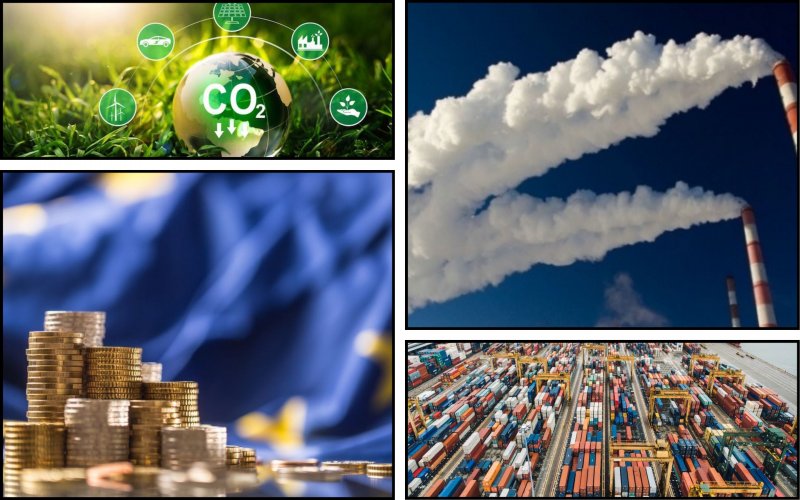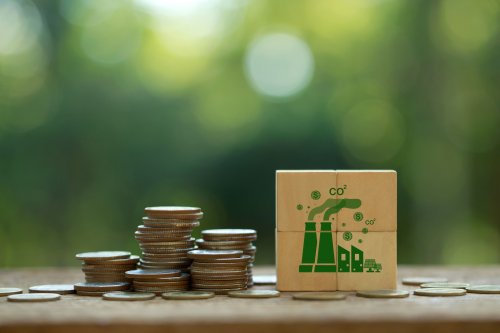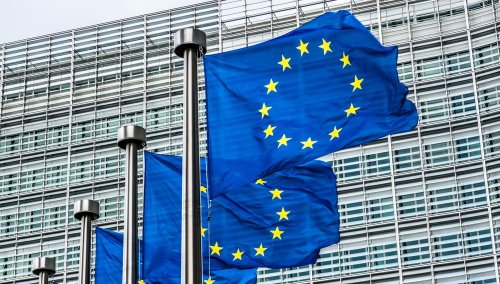The spokesperson of the European Commission, Daniel Ferri, said that the transition period of applying the carbon import adjustment mechanism (CBAM) began in the EU on October 1.
Until 2026, when the payment of the carbon duty will begin, importers are required to obtain so-called CBAM certificates for their products, reports Ukrinform.
During the transitional phase, CBAM will cover imports of cement, iron, steel, aluminium, fertilisers, electricity and hydrogen without financial penalties, it said. Companies must report on the level of carbon released into the environment during the production process and submit relevant reports by January 31, 2024.
Ferry explained that the size of the carbon tax will be determined by the "carbon content" of goods, that is, the amount of CO2 emissions that were generated as a result of their production. CBAM is the EU's key instrument in the fight against carbon emissions and a central element in achieving climate neutrality by 2050.
"CBAM will help the European Union in the implementation of climate policy, and prevent the likely transfer of production of goods to other countries with lower green standards," he said.
According to him, the introduction of CBAM is carried out under the rules of the World Trade Organization to encourage global industry to adopt cleaner and sustainable technologies.
Ferri emphasized that the transitional stage will allow all importers to familiarize themselves with the new rules and adapt to their implementation, in particular with the help of the European Commission.
He added that CBAM will ensure that products produced in EU enterprises with high environmental standards will not be pushed out of the market. After all, in some countries, less attention is paid to environmental protection and the production of goods may have a lower cost due to the use of outdated carbon-intensive technologies. Thanks to CBAM, it will not make sense for EU industries to transfer capacity to countries with less stringent environmental requirements, the so-called carbon leak, in order to make production cheaper.
Earlier, Ecopolitic wrote, that the European Commission has published “Regulations on the implementation of CBAM” regarding the reporting obligations and rules of the carbon adjustment mechanism for imports.
As EcoPolitic previously reported, in April, the members of the European Parliament approved agreements on the reform of the emissions trading system (ETS), the carbon border regulation mechanism (CBAM) and the creation of the social climate fund (SCF).





